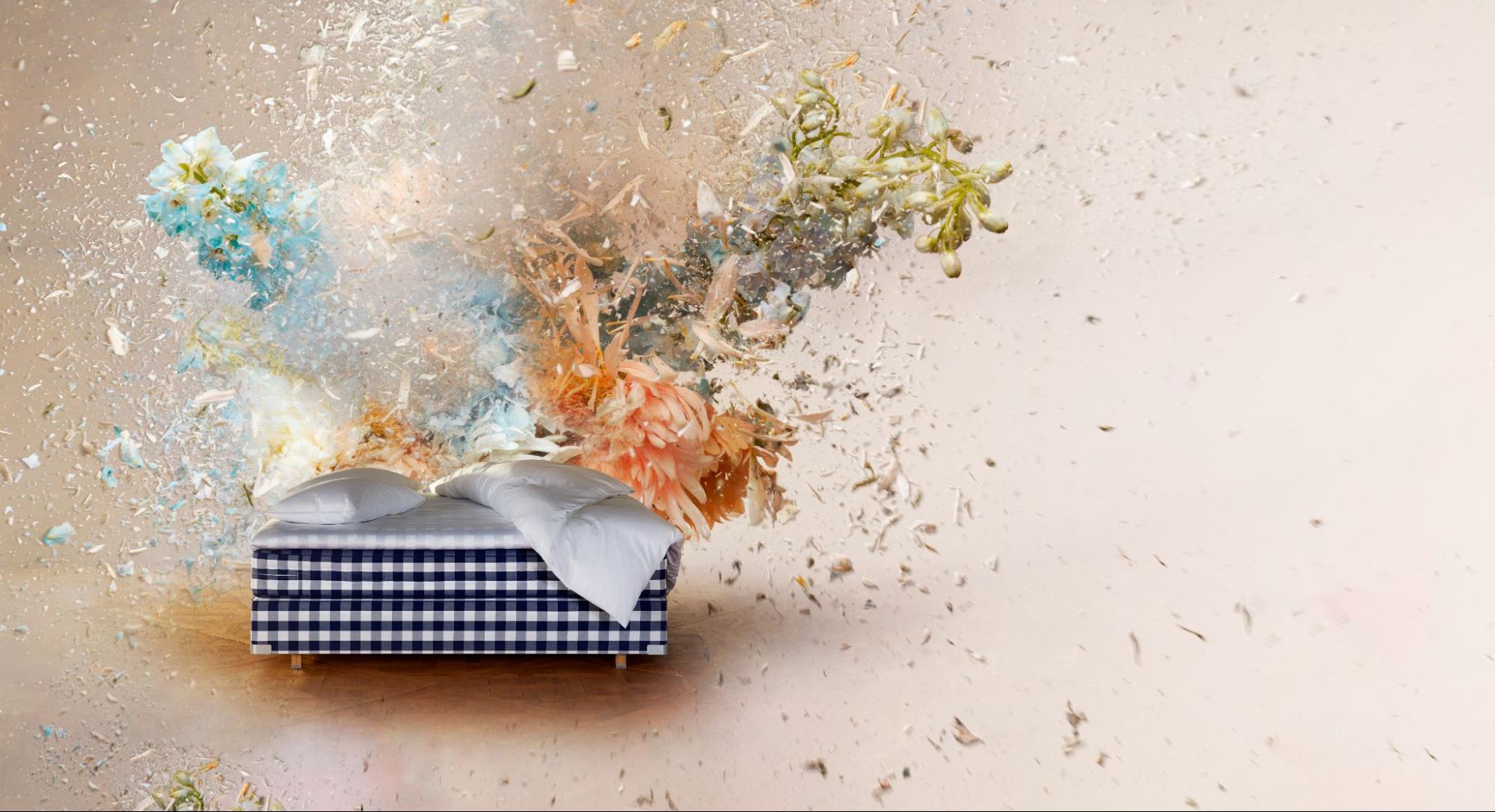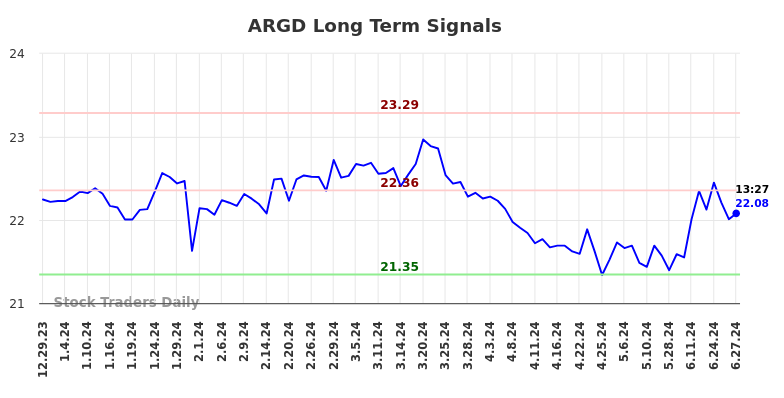The heartbeat of Hästens: love, craftsmanship, the pursuit of wellness

What is the ultimate luxury? Wealthy people who seemingly have everything money can buy often admit that health and love are life’s greatest luxuries. An important part of maintaining health in our increasingly hectic and digitally dominated lives is getting a good night’s sleep. We’ll come to love in a moment.
Founded in 1852, Swedish bed manufacturer Hästens is a family-owned company specializing in handmade mattresses. It is known for its savoir-faire and six-figure prices. The company has been supplying Swedish royalty since 1952, and now the world is taking notice of the comfort and craftsmanship of its products.
The eye-catching blue check bed has a growing throng of celebrity followers, a recent cameo in the Netflix hit Emily in Parisand a shoutout in Post Malone’s rap lyrics.

Fifth-generation owner and CEO Jan Ryde points to 172 years of masterful craftsmanship and the brand’s “culture of love” as driving forces behind Hästens’ success on the world stage and helping discerning consumers realize the importance of a better night’s sleep.
Ryde joined the family business as CEO at the age of 25 and developed Hästens from a small Swedish family business into a company that today sells its products in over 50 countries.

His book on leadership, When business is lovepublished earlier this year, describes his personal development story and his approach to building the multi-generational company through what he calls a love-driven approach to people and purpose. In fact, the focus on quality, brand values, customer service and sustainability have been at the heart of Hästens long before CSR became a buzzword in the boardroom.
“It helps us to have a big vision to make this planet better, to make people all over the world successful and to enable them to live a life of love, joy, peace and abundance, and our products are a part of that,” says the CEO Jing Daily.
This may sound a little idealistic, but transforming mattresses from an everyday household purchase into the realm of the luxury wellness segment has been extremely successful for Hästens. The brand produces exclusively to order and has waiting lists that can be months long.
“Our beds are a work of love that reflects the joy and gratitude with which we make them,” says the passionate CEO.
Like time-honored fashion houses, Hästens’ traditional craftsmanship, high-quality materials and innovative strength represent the brand’s mastery and value to its elite clientele.
Hästens’ light-filled “Dream Factory” in Köping, the small village where Ryde grew up an hour outside of Stockholm, feels like a quiet studio. The company employs around 300 people, making it a key driver of local business growth. They hand-pattern, construct and sew each mattress, just as they have done for nearly two centuries. A single bed takes up to 600 hours to make.

The beds consist of a base, middle mattress and topper and are made of natural, sustainable materials – resilient, hand-combed horsehair, wool, cotton and flax – layered in multiple coordinated spring systems. These materials naturally promote air circulation to keep the customer cool. They also remove static electricity and absorb noise and vibrations, and provide deep support to the body so you feel like you are sleeping in the mattress, not on it.

Introduced in 1978, Hästens’ Blue Check pattern combines tradition and style and has become a statement of luxury in the bedroom. In 2020, the brand took this even further, teaming up with interior designer Ferris Rafauli to create the top-of-the-range Grand Vividus model. Bed set with a tree trunk shaped base.
The Chinese national white paper “Healthy Sleep 2024,” published in March by the China Sleep Research Society, found that Chinese people do not get enough sleep.with an average sleep duration of 6.75 hours per night, well below the recommended eight hours. 64 percent of respondents had poor sleep quality. A study from 2024 of Chinese adolescents found a link between poor sleep and mental health problems.
Hästens expanded its presence to sleepless China in 2008 and joined Tmall in 2020 as the e-commerce platform’s first imported household brand. The company participated in the China International Import Expo (CIIE) in 2021 and 2023 and held a themed exhibition in Shanghai last June to celebrate the 45th anniversary of two brand icons: the Blue Check pattern and the 2000T bed.
A new version of the popular 2000T bed will be launched in China and worldwide this year, featuring major improvements in craftsmanship, comfort and aesthetics.
“This launch represents a significant evolutionary step beyond our continuous improvements and offers an unprecedented sleep experience,” says James Aschberger, Chief Customer and Marketing Officer at Hästens.
Despite the presence on Tmall, Ryde admits that e-commerce is not the focus for Hästens. Consumers usually prefer to book a “sleep spa” to try out the bed before investing so much money. The brand currently works with 40 partner stores across Asia, including a new store in Beijing’s China World Mall. “But there are still so many white spots on the map and we can only grow by expanding distribution (in China),” Ryde says.
Hotels are an effective partnership opportunity for Hästens as they provide customers with the opportunity to get to know the beds and increase brand awareness and trust among Chinese consumers.
“For far too long, hotels have not been interested in sleep. They have been more interested in everything else,” says Ryde. With premium hotels Looking for new ways to offer a luxury experience, destinations such as the Corinthia in London and the 15-room boutique hotel Hästens Sleep Spa-CBR in Coimbra, Portugal, are now promoting Hästens beds as a unique selling point.

McKinsey’s Future of Wellbeing The survey estimates the global consumer healthcare market to be worth $1.8 trillion in 2024 and highlights that sleep is the second highest wellness priority for consumers but is also the area where the most unmet needs exist, representing a key area for market expansion.
“Consumers are not educated about the importance of a bed,” says Ryde Jing Daily“The car you drive, the watch you have… these are important to people on the surface. But to feel as good as you can every day, sleep is the best thing. People will realize this and start investing in their best sleep. I’m not talking about sleeping pills or supplements, but a bed that does this for you naturally.”
Presented by Hästens.



